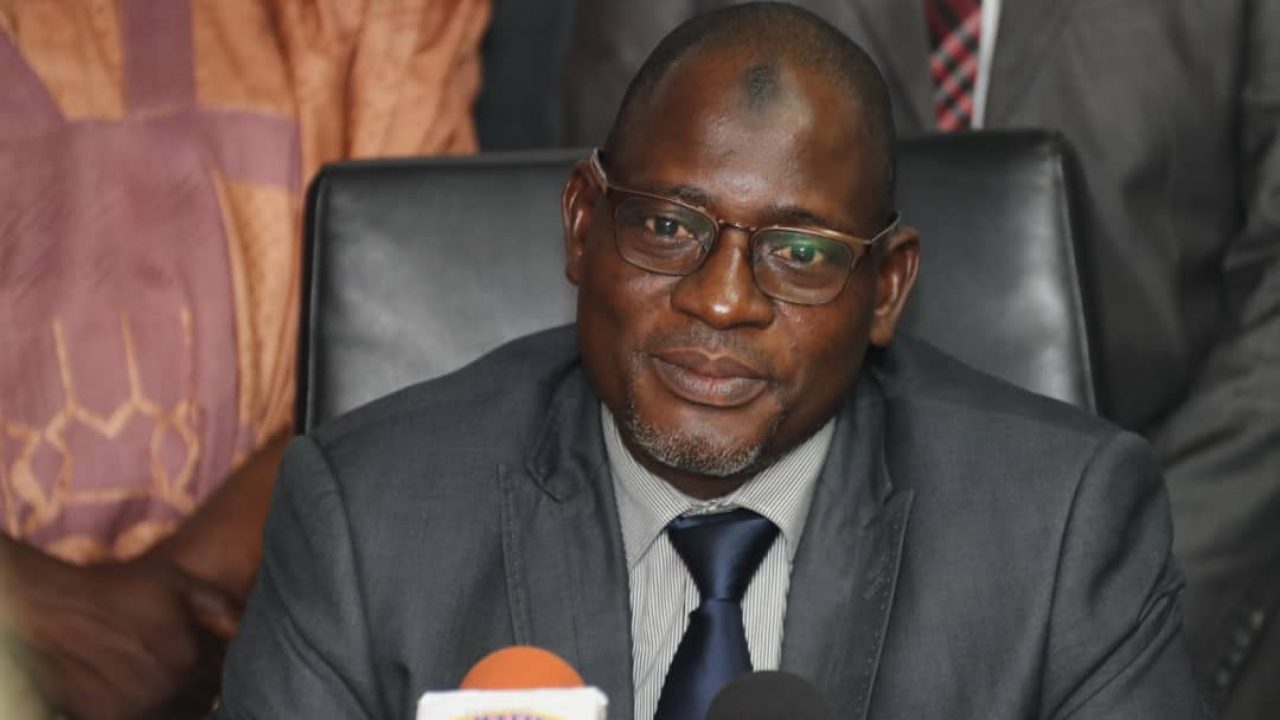Nigeria and other countries within the continent of Africa may lose approximately $116billion to COVID-19 pandemic at the end of 2020, the chairman of African Tax Forum, ATAF, Muhammad Mamman Nami has said.
Nami made this revelation as part of his opening remarks on Saturday, September 5, 2020, at the 4th ATAF High-Level Tax Policy Dialogue during a Zoom conference under the theme, Taxing Right for Africa in the New World and Effects of Covid-19: The Role of Tax Policymakers and Tax Administrators.
According to Nami, who also doubles as Executive Chairman, Federal Inland Revenue Service, FIRS, “An analysis shows that COVID-19 will cost the region between $37 billion and $79 billion in output losses for 2020 due to a combination of effects. They include trade and value chain disruption, which impacts commodity exporters and countries with strong value chain participation; reduced foreign financing flows from remittances, tourism, foreign direct investment, foreign aid, combined with capital flight; and through direct impacts on health systems, and disruptions caused by containment measures and the public response.”
The FIRS boss, while citing a recently published policy brief by ATAF on the effects COVID-19 on customs revenue showed that “Estimates during the period February – April 2020, revealed that customs’ revenue was down by $109 billion, or $326 million per month, and this is a cautious estimate.”
Growth in sub-Saharan Africa, he further said, “Has been significantly impacted by the ongoing coronavirus outbreak and is forecast to fall sharply from 2.4% in 2019 to -2.1 to -5.1% in 2020, the first recession in the region over the past 25 years, according to the latest Africa’s Pulse, the World Bank’s twice-yearly economic update for the region.”
Expatiating, Nami, who took over the headship of ATAF, the foremost tax advocacy body in the continent late 2019, said, “The effects have been severe on the global economy and therefore it is fitting that we partner with the African Union in this event as Africa is at a turning point, with dealing with the pandemic but also with shaping the new world order. Never has the role of tax policy and tax administration been more important. Never have our citizens demanded and looked up to their governments as today and never have governments had to consider tax adjustments on a universal scale such as this.”
The COVID-19 pandemic, he stressed, “Has shocked all our economies, and has resulted in large scale negative growth projections, rendering uncertain both the future, and any form of planning. The damage to the economies caused by various lockdowns has been a hard choice for our governments. While saving lives and ensuring the healthcare systems manage and use innovation has been the primary objective, salvaging the economy has closely followed. Nonetheless, there is a need for us to revisit some of the areas pre-pandemic and improve on the outcomes moving forward.
While noting that the precarious economic situation posed by the COVID-19 to the continent is worrisome, Nami impressed on the people of the continent the need to collaborate more in order to address the yawning funding gap.
Thankfully, he said, ATAF has published a range of suggestions and relief measures that can be taken by governments both in servicing their taxpayers, and in specialised areas such as mining. The reforms detail the idea that business continuity and survival a priority, but at the same time, these reforms deal squarely with the reality that revenue collection will suffer in the next financial year.
“Policy direction is a great tool we can use to ensure effective use of our current resources but also a useful collection and closing of loopholes. As the world enters more complexity in the taxation of highly digitalised businesses, it will be up to policy direction to ensure that African countries do not lose out. To date, throughout the continent, there is a gap between tax policy and tax administration. Through ATAF country programmes, we note that some of our countries may be entering into a global consensus without fully operating its tax policy objectives. That is to say that a country may be in a position that isn’t ready for the changes, rendering their future in tax revenue precarious.”
ATAF, Nami, assured,”Remains committed to the continental work in increasing awareness of the issues on tax rights and their impact on future legislative reforms and designs. The success of these initiatives will depend on whether these African countries issues are tabled and debated within a forum of African Finance Ministers for clear policy direction in areas such as the allocation of taxing rights.”
The 4th ATAF High-Level Tax Policy Dialogue attracted over 529 officials from Ministries of Finance and African Tax Administrations of 48 African Union, AU, member states, Members of Parliament, Regional Economic Communities, RECs, Civil Society, African Development Bank, AfDB, African Central Banks, African Stock Exchanges, Organization for Economic Cooperation and Development, OECD, United Nations Economic Commission for Africa, UNECA, International Monetary Fund, IMF, Development Partners including DfID and SECO, other key partners, individual tax policy experts, and private sector players.
The event was jointly organised by ATAF and the African Union Commission, AUC, and with the support of the African Development Bank, AfDB.
Source: The Nation







